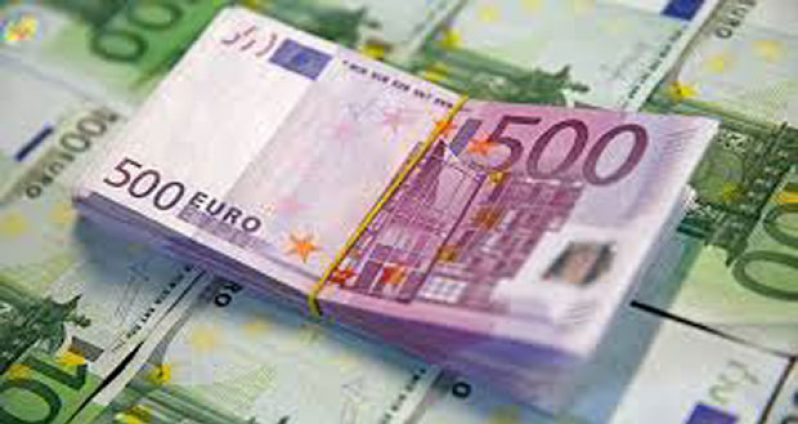THE first round of the battle for the euro is over, and Germany has won. The whole European Union won, really, but the Germans set the strategy. Technically, everybody just kicked the can down the road four months by extending the existing bail-out arrangements for Greece, but what was really revealed in the past week is that the Greeks can’t win. Not now, not later.
The left-wing Syriza Party stormed to power in Greece last month promising to ditch the austerity that has plunge a third of the population below the poverty line and to renegotiate the country’s massive $270 billion bail-out with the EU and the International Monetary Fund. Exhausted Greek voters just wanted an end to six years of pain and privation, and Syriza offered them hope. But it has been in retreat ever since.
In the election campaign, Syriza promised 300,000 new jobs and a big boost in the monthly minimum wage (from $658 to $853). After last week’s talks with the EU and the IMF, all that’s left is a promise to expand an existing programme that provides temporary work for the unemployed, and an “ambition” to raise the minimum wage “over time”.
Its promise to provide free electricity and subsidised food for families without incomes remains in place, but Prime Minister Alexis Tsipras’s government has promised the EU and the IMF that its “fight against the humanitarian crisis (will have) no negative fiscal effect.” In other words, it won’t spend extra money on these projects unless it makes equal cuts somewhere else.
Above all, its promise not to extend the bail-out programme had to be dropped. Instead, it got a four-month “bridging loan” that came with effectively the same harsh restrictions on Greek government spending (although Syriza was allowed to rewrite them in its own words). And that loan will expire at the end of June, just before Greece has to redeem $7 billion in bonds.
So there will be four months of attritional warfare and then another crisis – which Greece will once again lose. It will lose partly because it hasn’t actually got a very good case for special treatment, and partly because the European Union doesn’t really believe it will pull out of the euro common currency.
Greece’s debt burden is staggering – about $30,000 per capita. It can never be repaid, and some of it will eventually have to be cancelled or “rescheduled” into the indefinite future. But not now, when other euro members like Spain, Portugal and Ireland are struggling with some success to pay down their heavy but smaller debts. If Greece got such a sweet deal, everybody else would demand debt relief too.
The cause of the debt was the same in every case: the euro was a stable, low-interest currency that banks were happy to lend in, even to relatively low-income European countries that were in the midst of clearly unsustainable, debt-fuelled booms. So all the southern European EU members (and Ireland) piled in – but nobody else did it on the same scale as the Greeks.
The boom lasted for the best part of a decade after the euro currency launched in 1999. Ordinary Greeks happily bought imported German cars, French wines, Italian luxury goods and much else, while the rich and politically well-connected raked off far larger sums and paid as little tax as possible. Greek governments ended up lying about the size of the country’s debts.
No less an authority than Syriza’s finance minister, Yanis Varoufakis, described the atmosphere of the time like this: “The average Greek had convinced herself that Greece was superb. A cut above the rest…Due to our exceptional ‘cunning’, Greece was managing to combine fun, sun, xenychti (late nights) and the highest GDP growth in Europe.”
Then the roof fell in after the 2008 crash, and “self-immolation followed self-congratulation, but left self-importance in the driving seat,” as Varoufakis put it.
That is why the sympathy for Greece’s plight in other EU members is limited. Moreover, the EU, and especially the Germans, have managed to convince themselves that “grexit” (Greek exit from the euro) would not be a limitless disaster.
The other PIGS (Portugal, Ireland and Spain) are in much better shape financially, and Brussels no longer fears that the Greek “contagion” will spread irresistibly to them as well. Neither does it think that a Greek departure from the euro would bring the whole edifice of the single currency tumbling down. And it knows that the vast majority of Greeks don’t want to leave either the euro or the EU – so it’s playing hardball.
When the interim deal was made public on Tuesday, Prime Minister Alexis Tsipras put the best possible face on it, saying that Greece had “won a battle, but not the war.” In fact he lost the first battle, as he was bound to. It will take him longer to lose the whole war, but that will probably happen too.
By Gwynne Dyer



.jpg)









